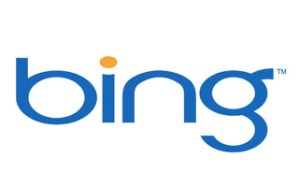
It’s been over a year since Microsoft launched Bing, it’s latest effort to take on market leader Google in the field of Internet search. And while Bing’s rise in the market can’t exactly have been described as meteoric, media metrics firm Comcore says Bing is making headway in the U.S. search market. According to Comscore, both Bing and Yahoo picked up 0.6 percent of the U.S. search market between May and June of 2010, with the bulk of that gain coming at the expense of market leader Google.
Comscore found that Google still accounted for some 62.6 percent of the U.S. search market in June 2010; however, Yahoo gained 0.6 percent to come in with an 18.9 percent share, and “Microsoft sites”—at this point meaning almost everything powered by Bing—also picked up 0.6 percent for a 12.7 percent overall share in June. Google’s share amounts to a 1.1 percent decline; Ask.com held even at a 3.6 percent share and AOL lost 0.1 percent to wind up at 2.2 percent. Comscore’s search numbers for the U.S. market focus on “core search,” and omit things like searches on mapping services, user-generated video sites, and local directory services.
The news could be good for both Yahoo and Bing: Yahoo has been introducing revamped services and pages designed to make the Yahoo collection of services more social and integrated with other popular online offerings; meanwhile, Bing has been touting itself as a “decision engine” that focuses on making use of data people search for, rather than a mere list of search results. Under a long-term partnership, Bing will soon start handling the back end of searches submitted to Yahoo, although Yahoo will continue to develop its own search front-end and services.
Comscore also found that U.S. search users conducted 16.4 billion searches in June, up 3 percent from May.
